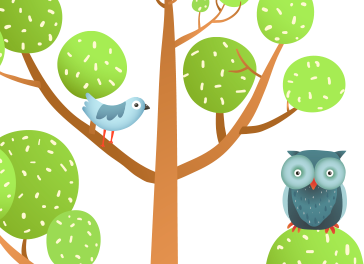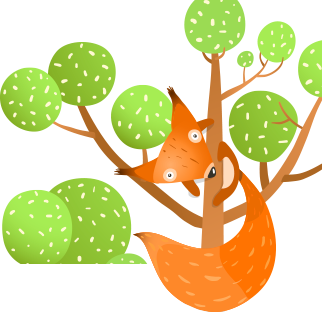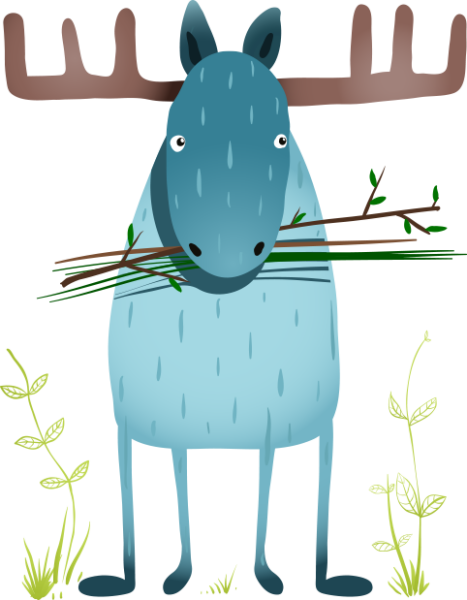I’ve found
ANOTHER friendly and helpful person from Austin: Andy Sherrod. He’s shared his insights on being a mentor and a mentee and offers his take on editorial feedback. Andy is also a go-to guy on the issue of boys’ aliteracy. Even more information about Andy as a writer, writing coach, and public speaker can be found on his website:
http://www.andysherrod.com/Home.php.
*****************************************************************************
Andy, please share a brief bio of you and your work.
I came to writing late, 1999 to be exact, when I turned 40. I write for middle grade and most of that is historical fiction. The intent of my writing is to take boys back in time to experience history. I speak to groups about boys’ aversion to volunteer reading and cite research that identifies the literary components of a good boy book. I hold an MFA in Writing for Children and Young Adults from Vermont College of Fine Arts and I wrote my thesis on boys’ aliteracy. Why did you decide to become a mentor?
Pure and simple, I love to teach.How many writers have you officially mentored?
Mentoring is different than just offering a critique, and I’ve done a lot of that. So really I’ve only officially mentored one person through the Austin Mentoring Program. But beyond that, I’ve mentored one other. What strengths do you bring as a mentor?
Because I love to teach, I think I’m patient with people. That said, I feel I must tell a writer exactly what I see in their manuscripts that need improvement but I can do so in an encouraging fashion. My philosophy is that anyone who is serious about writing can take a strong critique. Only pointing out those aspects of a manuscript that are working doesn’t help a writer improve one bit. Serious writers want serious critiques. So I give it to them.Have you been a mentee? If so, what from that experience helps you be the best mentor you can be?
For the two years I studied at Vermont College I was mentored by four fabulous writers. Uma Krishnaswami, Ellen Howard, Sarah Ellis, and Marion Dane Bauer. From them I received incredible support for what I was doing well and firm admonition to improve. I have striven to carry that balance into my own mentoring relationships.If you could mentor any writer throughout time, who would it be and why?
What a great question! I can think of a host of writers I’d like to be mentored by but the one I think I’d like to actually mentor would be G.A. Henty. Henty wrote over one hundred historical novels for boys. His story line seldom changed. His boy protagonists could have been all the same kid only the name and time in history were changed. He is a great writer and I would recommend his books to anyone but I think I could have helped him a little with variety.If you could be mentored by any writer throughout time, who would it be and why?
There are so many writers whose work I admire. Gary Paulsen is my hero. Gary Schmidt is brilliant. But I think I’d like to be mentored by C.S. Lewis. Lewis’s strong Christian faith pervades his work without overwhelming it. I like that.






